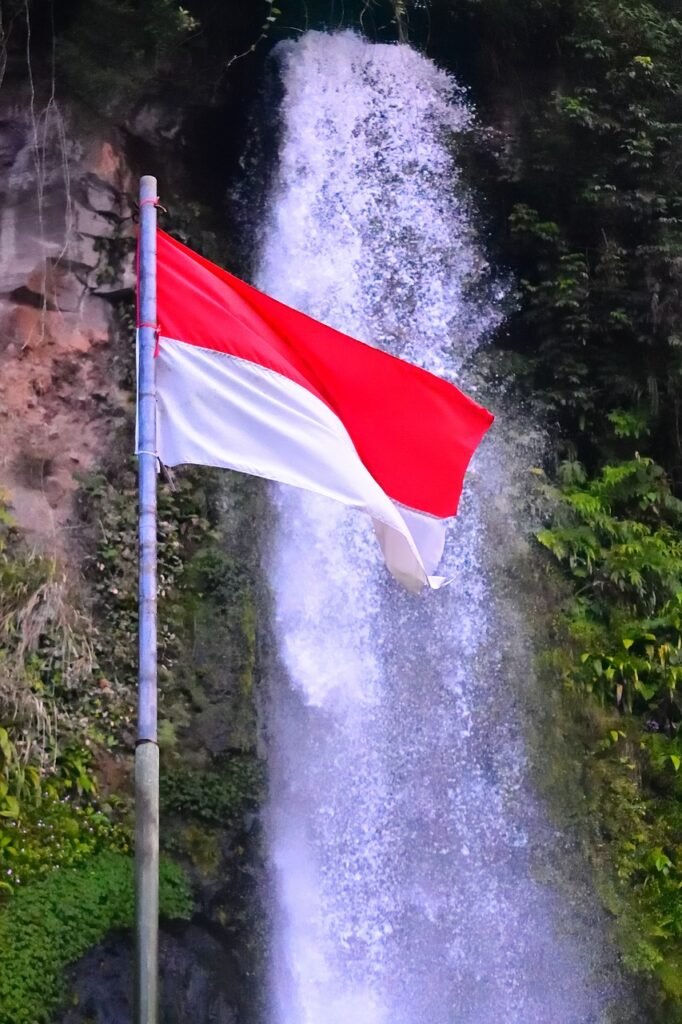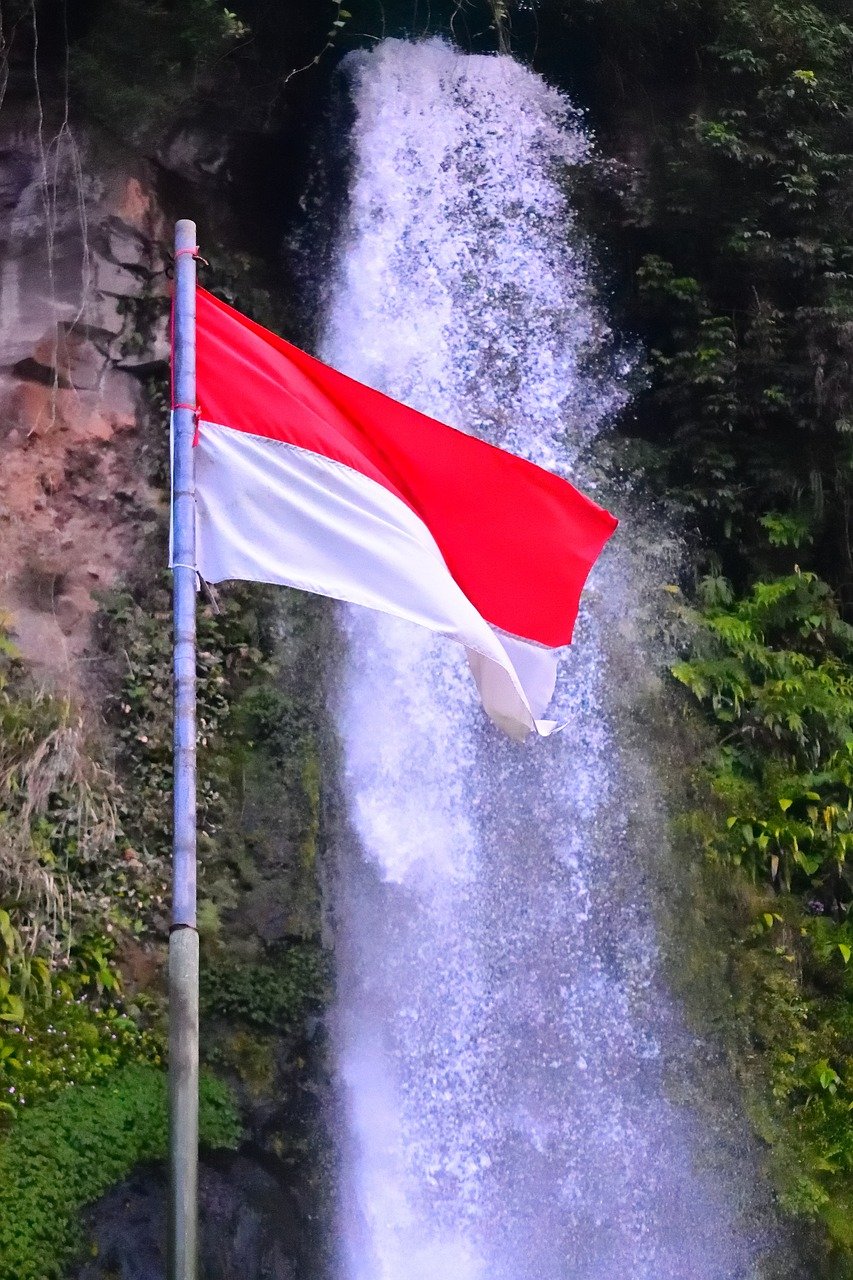
The Scope of Corruption in Indonesia: A Complex Issue
Corruption remains a significant challenge in Indonesia, affecting various aspects of society and hindering development efforts. It’s a complex issue with deep-rooted causes and far-reaching consequences.
Different Forms of Corruption in the Indonesian Context
Corruption in Indonesia can manifest in various forms, including bribery, extortion, collusion, nepotism, and money laundering. These practices can occur in both the public and private sectors.
The Impact of Corruption on Indonesian Society
Corruption has a detrimental impact on Indonesian society, undermining public trust in government institutions, hindering economic growth, exacerbating inequality, and eroding social values.
Notable Corruption Cases in Indonesia’s History
It’s crucial to exercise caution and avoid naming individuals unless they have been officially convicted by a court of law. The focus should be on the nature of the cases and their systemic implications.
Cases Involving State Officials and Public Funds
Many corruption cases in Indonesia involve the misuse of state funds by public officials for personal gain. These cases often involve large sums of money and have significant economic consequences.
Cases Related to Procurement and Licensing
Corruption in government procurement processes and licensing procedures is also a common problem. These cases can involve inflated contracts, bribery, and manipulation of bidding processes.
Cases in Specific Sectors
Corruption can be prevalent in specific sectors, such as natural resources (illegal logging, mining), infrastructure projects (bribery for contracts), and tax administration (tax evasion).
The Role of the Corruption Eradication Commission (KPK)
The Corruption Eradication Commission (KPK) is an independent anti-corruption agency established in 2002 to combat corruption in Indonesia.
KPK’s Mandate and Achievements
The KPK has a mandate to investigate and prosecute corruption cases, and it has achieved significant success in bringing high-profile corruptors to justice.
Challenges and Controversies Faced by the KPK
The KPK has also faced challenges and controversies, including attempts to weaken its authority and investigations that have targeted powerful individuals.
Legal and Institutional Frameworks for Combating Corruption
Indonesia has a legal and institutional framework in place to combat corruption:
Relevant Laws and Regulations
Indonesia has various laws and regulations aimed at preventing and punishing corruption, including the Anti-Corruption Law.
The Role of the Judiciary and Law Enforcement
The judiciary and law enforcement agencies play a crucial role in investigating and prosecuting corruption cases.
Efforts to Prevent and Eradicate Corruption in Indonesia
Various efforts are being undertaken to prevent and eradicate corruption in Indonesia:
Government Initiatives and Policies
The Indonesian government has implemented various initiatives and policies aimed at improving governance, transparency, and accountability.
The Role of Civil Society Organizations and Media
Civil society organizations and independent media play a crucial role in monitoring government activities, exposing corruption, and advocating for greater transparency.
Public Awareness and Education Campaigns
Public awareness and education campaigns are important for promoting anti-corruption values and fostering a culture of integrity.
The Importance of Transparency and Accountability
Transparency and accountability are fundamental principles in the fight against corruption:
Strengthening Governance and Public Institutions
Strengthening governance and public institutions is essential for preventing corruption and promoting ethical conduct.
Conclusion
Corruption remains a significant challenge in Indonesia, but ongoing efforts by the KPK, government, civil society, and media are crucial in combating this problem. Promoting transparency, accountability, and good governance is essential for building a more just and prosperous Indonesia.
FAQ
- What is the KPK? Indonesia’s Corruption Eradication Commission.
- What are some common forms of corruption in Indonesia? Bribery, extortion, collusion, nepotism, and money laundering.
- What is the impact of corruption on Indonesian society? Undermined trust, hindered economic growth, and increased inequality.
- What are some efforts to combat corruption in Indonesia? KPK investigations, government initiatives, and civil society advocacy.
- Why are transparency and accountability important in fighting corruption? They promote good governance and prevent abuse of power.
This response aims to provide a factual and balanced overview of corruption cases in Indonesia while avoiding generalizations and focusing on systemic issues and efforts to combat corruption.
